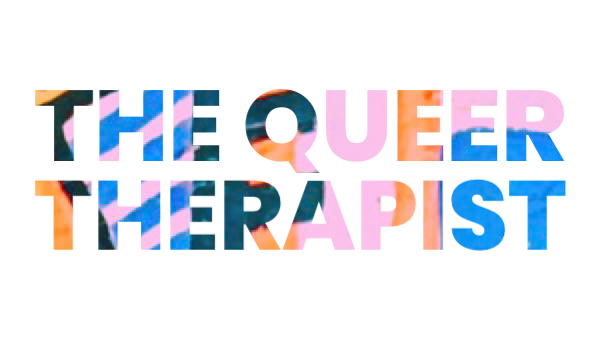Neurodiversity
Seeking therapy?
As a member of ADDitude, I am aware that Autism Spectrum Disorder (ASD), Attention Deficit Hyperactivity Disorder (ADHD), Attention Deficit Disorder (ADD), Dyslexia and other neurodiversities can impact us in ways that traditional therapy settings may not always appreciate. Difficulties with social skills, tasks and executive functioning skills can impact our ability to focus, organise tasks, self-discipline and have psychological flexibility which can result in chronically low self esteem, anxiety, depression and other mental health issues. Our neurodiverse brains may also be difficult to understand if we have a co-occurring mental health issue such as OCD, bipolar disorder or gender dysphoria. Whether you are looking to have just a few sessions to understand your neurodiversity and how it may impact your mental health, or would like to consider longer-term therapy, I welcome anyone who feels that psychotherapy may be of help. Whilst ADHD and ADD are primarily treated with medications, psychotherapy and coaching have often been found to be hugely beneficial which it comes to living with a neurodiverse brain.
What to expect
In our first online session, we will discuss the reasons for seeking therapy and decide what the focus of our work will be. Your neurodiversity may be more suited to a structured and coaching type of therapy that involves us looking at situations you find challenging and problem solving how best you can manage these situations. The first session is also an opportunity for you to decide whether we are a “good fit” and to let me know what way of working suits you best. Making the decision to seek counselling or psychotherapy is often not an easy one. It's important that you work with a therapist that is right for you; someone you can feel comfortable with.
My approach to counselling and psychotherapy is trauma-informed and integrative - this means I use different perspectives and theories to draw on when working with you and adapt my approach to suit your changing needs. The main therapeutic modalities I draw upon are psychodynamic psychotherapy, acceptance commitment therapy, mindfulness-based cognitive behavioural therapy and schema therapy.

